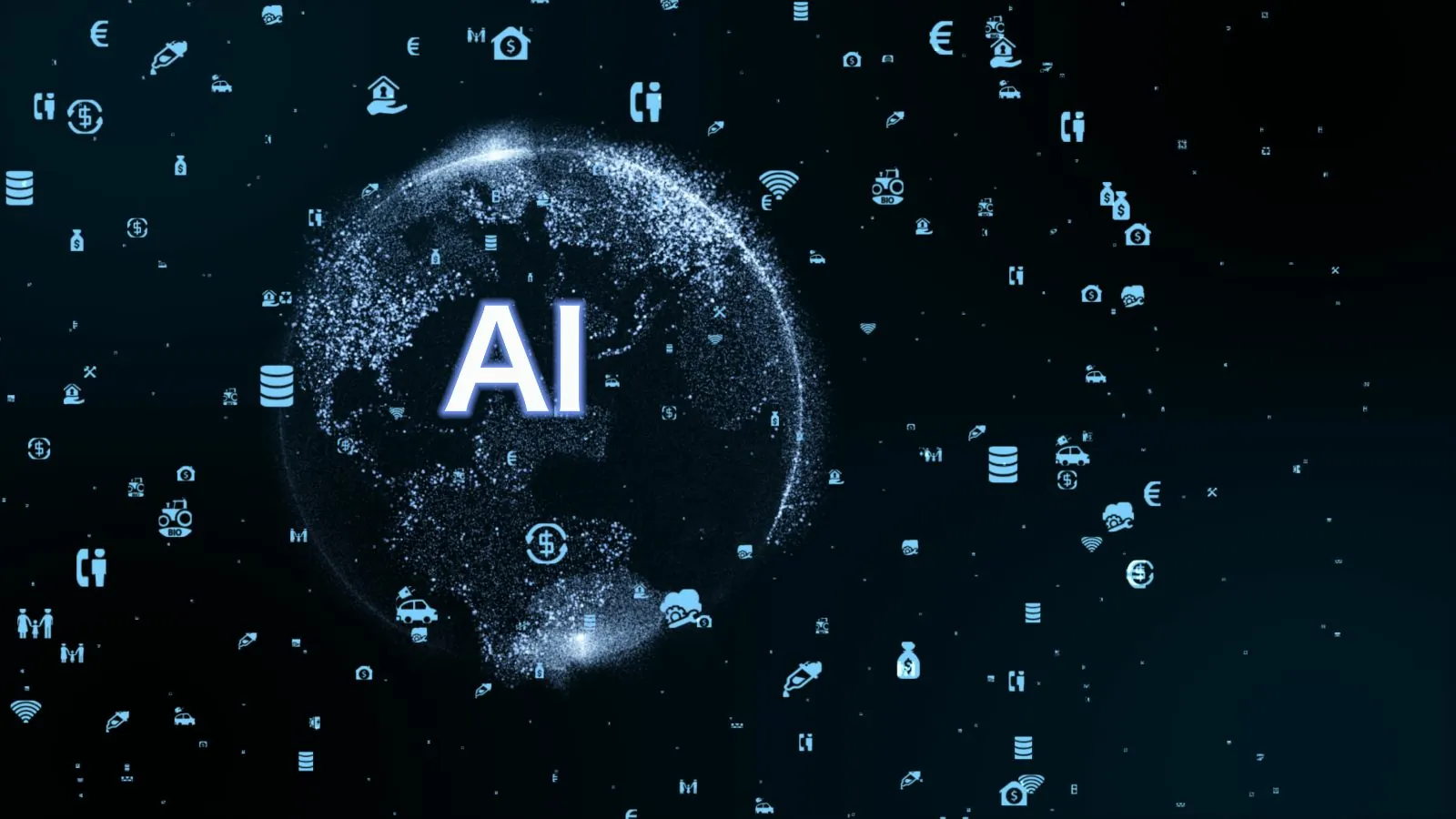Table of Contents
ToggleArtificial Intelligence isn’t just a buzzword anymore; it’s the new rock star of the tech world, stealing the spotlight and making waves across industries. From chatbots that can crack jokes to algorithms predicting your next binge-watch, AI trends are reshaping how we live and work. If you thought your smartphone was smart, wait until you see what’s coming next.
As AI evolves, so do the trends that shape its development. Businesses are racing to harness this technology, but it’s not just about automation or efficiency. It’s about creating experiences that feel almost human. So buckle up and prepare for a wild ride through the latest AI trends that promise to make life a little easier—and a lot more interesting. Who knows? By the end, you might just find yourself chatting with your coffee maker.
Current AI Trends in Various Industries
AI continues to revolutionize multiple sectors, driving significant changes and improvements in efficiency. Two notable areas seeing rapid advancements are healthcare and finance.
Healthcare Innovations
Healthcare systems integrate AI to enhance diagnostics and treatments. Predictive analytics identifies patient risks before they escalate, improving outcomes. AI-driven tools assist with medical imaging, increasing accuracy in detecting conditions like tumors. Virtual health assistants help patients schedule appointments and manage medications, streamlining communication between providers and patients. Telemedicine solutions expand access to care, particularly in underserved regions. The use of AI algorithms in research accelerates drug discovery and development processes, ultimately bringing new therapies to market faster.
Financial Sector Transformations
In finance, AI alters how institutions assess risks and make investment decisions. Machine learning models analyze market trends and consumer behaviors, providing insights for better outcomes. Automated systems detect fraudulent transactions in real time, safeguarding sensitive information. Customer service chatbots manage inquiries efficiently, offering support around the clock. Robo-advisors assist individuals with portfolio management, making investing more accessible. AI also enhances regulatory compliance by identifying potential risks, ensuring that firms adhere to industry standards.
Emerging Technologies in AI

Emerging technologies in AI showcase remarkable innovations reshaping industries. Companies prioritize advancements in machine learning and natural language processing to achieve enhanced performance.
Machine Learning Developments
Developments in machine learning accelerate the ability to analyze vast data sets. Enhanced algorithms improve accuracy and efficiency in predictive modeling. Companies increasingly rely on deep learning techniques, which refine pattern recognition. For example, neural networks provide sophisticated solutions for image and speech recognition tasks. These technologies transform customer experiences, enabling personalized recommendations and automation. Businesses leverage model interpretability to build trust with users. Investments in federated learning enhance privacy and security by training algorithms on decentralized data, ensuring compliance with regulations.
Natural Language Processing Advancements
Advancements in natural language processing drive significant progress in how machines understand human language. Enhanced models enable more accurate sentiment analysis and context-aware responses. Conversational AI solutions, like chatbots, streamline customer service interactions. Contact centers utilize these tools to improve response times and reduce workload. Companies increasingly adopt language translation services powered by AI, facilitating global communication. Ongoing research explores ethical considerations, ensuring responsible use of language technologies. Overall, these advancements play a critical role in creating more intuitive interfaces that enhance user engagement.
Ethical Considerations in AI Trends
Ethical considerations are crucial as AI continues to revolutionize numerous industries. Addressing these issues ensures responsible development and deployment of AI technologies.
Bias and Fairness Issues
Bias remains a significant concern in AI systems. Algorithms trained on skewed data can perpetuate stereotypes, leading to unfair outcomes. Machine learning models may reflect societal biases if not carefully managed. Developers must emphasize fairness in their training data and evaluation metrics. Techniques such as diversifying datasets and implementing fairness-aware algorithms can mitigate these issues. Transparency enhances accountability, making it easier to identify and rectify biases.
Privacy and Security Concerns
Privacy and security play vital roles in the acceptance of AI technologies. Personal data collection raises questions about user consent and data ownership. Regulations like the General Data Protection Regulation (GDPR) focus on data protection standards, driving compliance efforts in AI deployments. Individuals may worry about data breaches, making robust security measures essential. Encryption and secure access controls minimize risks associated with unauthorized data access. Continuous monitoring of AI systems helps safeguard user data and maintain trust in AI applications.
The Future of AI Trends
AI continues evolving rapidly, shaping industries and daily lives. Forecasts predict significant advancements in the next decade.
Predictions for the Next Decade
Analysts anticipate breakthroughs in AI technologies. Enhanced machine learning algorithms will elevate data-driven decision-making. Increased adoption of AI in healthcare, finance, and logistics will emerge, resulting in improved efficiencies. Natural language processing capabilities will enhance human-computer interactions, making them simpler and more intuitive. Greater emphasis on ethical AI development will drive industry standards, ensuring algorithms are fair and transparent. AI’s role in climate modeling and energy efficiency will likely expand, directly addressing environmental challenges.
Impact on Job Markets
Job markets will transform as AI becomes more integrated into workflows. Certain positions may disappear due to automation, particularly in repetitive tasks. Conversely, emerging roles focused on managing and interpreting AI systems will arise. Professionals in AI ethics, machine learning engineering, and data science will see increased demand. Upskilling and reskilling programs will become crucial for workforce adaptation. Organizations will implement training initiatives, ensuring employees remain competitive in an AI-driven landscape. This shift demands a proactive approach to workforce planning and career development.
The evolution of AI is reshaping industries and daily life in profound ways. As businesses harness its capabilities for automation and user experience enhancement, the focus on ethical development becomes increasingly vital. Addressing biases and ensuring privacy will be crucial for fostering trust in AI applications.
Looking ahead the potential for AI to revolutionize sectors like healthcare and finance is immense. With advancements in machine learning and natural language processing the future promises more personalized and efficient solutions. The job market will also adapt with new opportunities emerging alongside automation.
AI is not just a trend; it’s a transformative force that’s set to redefine how society interacts with technology. Embracing these changes responsibly will pave the way for a future where AI enriches everyday experiences.







